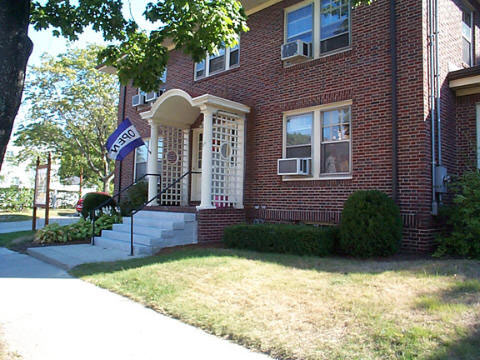Join the conversation: Burbank Branch Community Meeting
posted: , by PPLtags: About the Library | Adults | Teens | Kids & Families | Seniors
 On Wednesday, April 2, from 7:00-8:30 pm, Portland Public Library will host a community forum at the Burbank Branch to discuss ways of improving our Burbank Branch facility which will undergo a remodeling later this year.
On Wednesday, April 2, from 7:00-8:30 pm, Portland Public Library will host a community forum at the Burbank Branch to discuss ways of improving our Burbank Branch facility which will undergo a remodeling later this year.
The Burbank facility, created in 1995, is itself the 6th busiest library in the state, operating well beyond the capacity imagined twenty years ago. The planned renovation will reconfigure and update the branch to reflect changes in how Burbank patrons use the library, address building infrastructure issues, and solve long-standing ergonomic challenges for library staff.
Scott Simons, whose firm is the architect for the renovation, will facilitate the conversation.
For more information or to share your thoughts before or after the forum, call 871-1700 x759 or send email to librarydirector@portland.lib.me.us.
Refreshments will be served. The Friends of the Portland Public Library are sponsoring this event.

